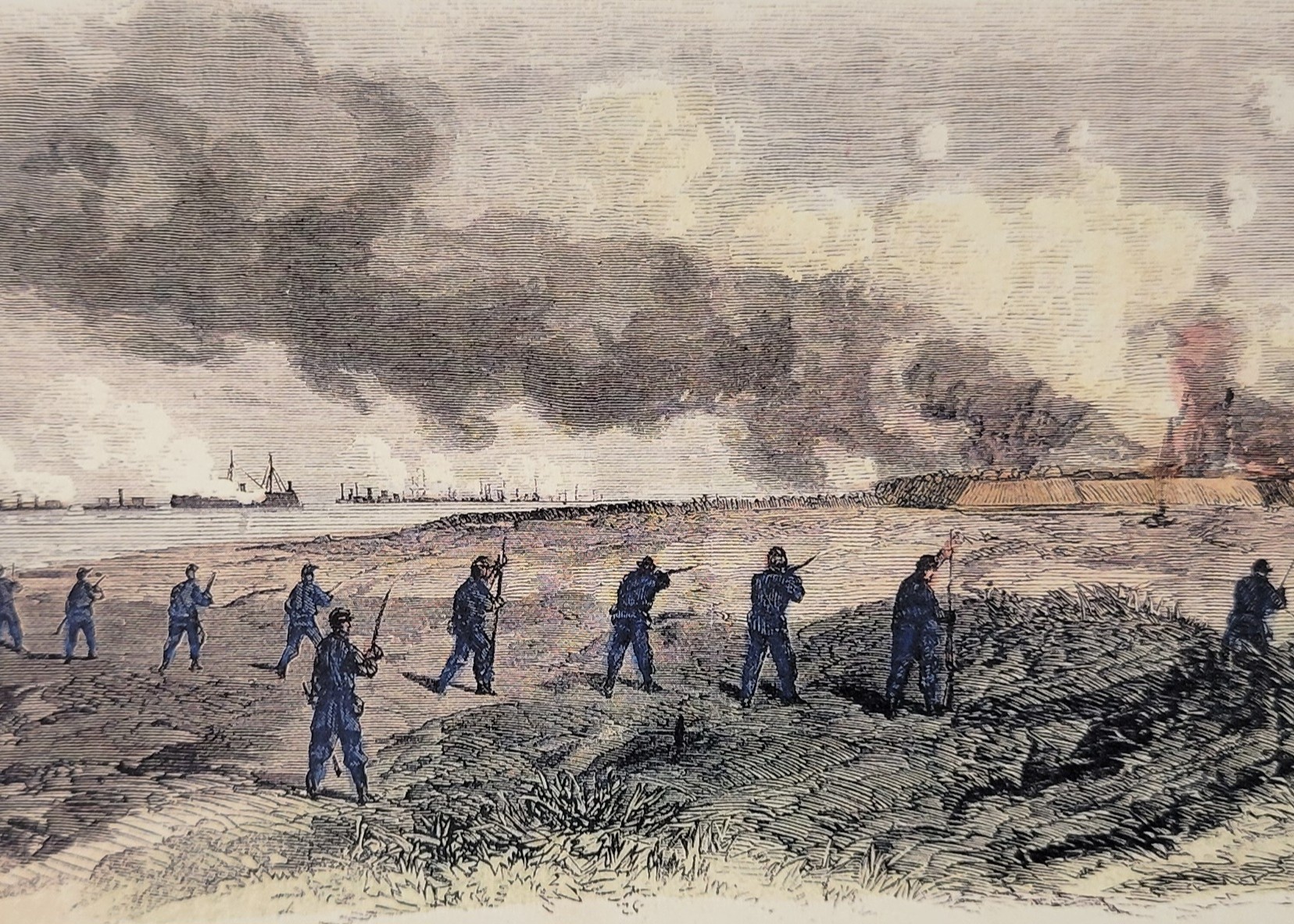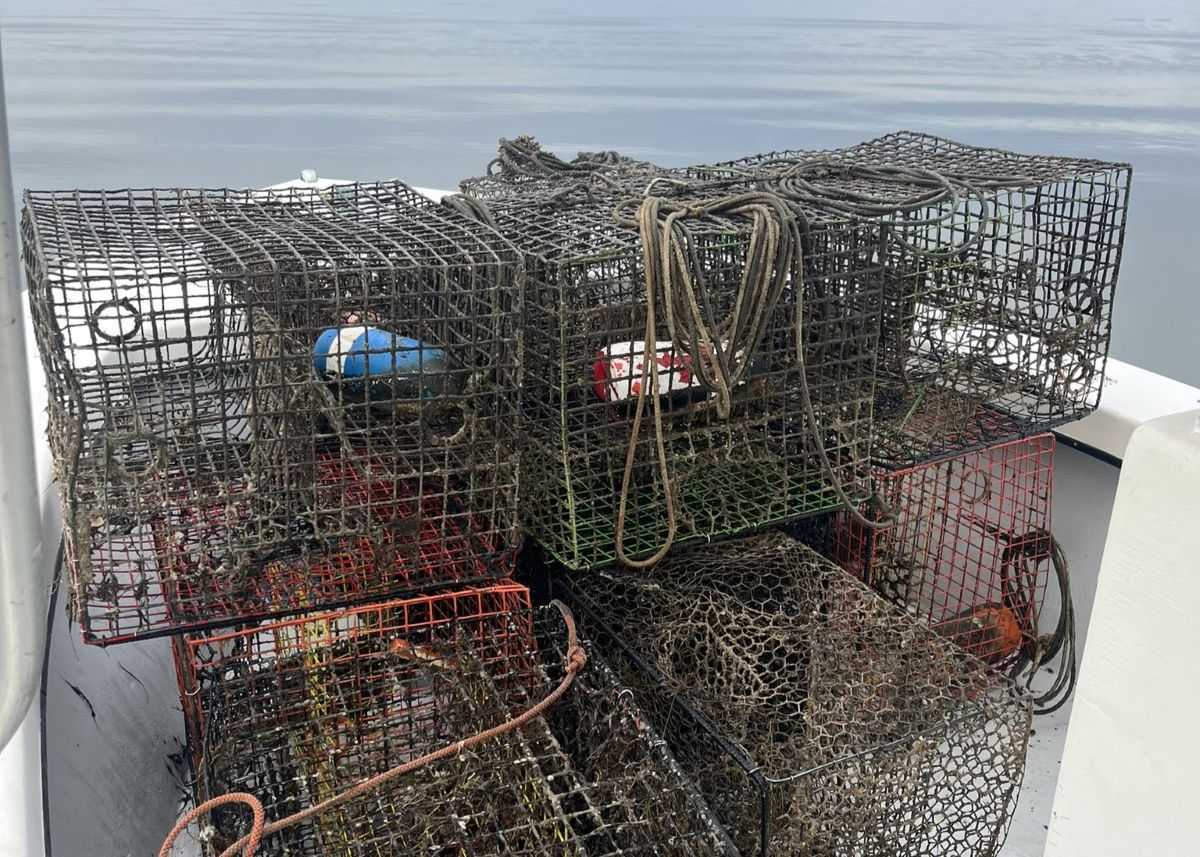
WASHINGTON, D.C. — Saving the world’s most endangered large whale species will take an international effort, according to a lead official with the National Oceanic and Atmospheric Administration’s Marine Fisheries Service.
The agency said this week that immediate action is needed to protect the North Atlantic right whale from entanglement in fishing gear and collisions with ships, the greatest threats the marine mammals face. Only about 400 whales remain.
Supporter Spotlight

Chris Oliver, assistant administrator for NOAA Fisheries, announced Wednesday that he had requested a meeting with the Canadian Department of Fisheries and Oceans and Transport Canada, the country’s transportation department, to urge immediate action to protect the North Atlantic right whale.
Oliver noted that since 2017, a U.S.-Canada collaboration through bilateral working group, which meets twice a year to share information on the latest science, management measures, ways to reduce the risk of entanglements and create whale-safe shipping practices, but immediate steps were needed after the recently discovered deaths of six North Atlantic right whales and an entanglement in the Gulf of St. Lawrence in Canada. Four deaths were mature females, NOAA Fisheries said, and with fewer than 95 breeding females left, protecting every individual is a top priority.
“Right whales cannot withstand continued losses of mature females—we have reached a critical point,” Oliver said in his announcement.
Right whales live and travel more than 1,000 miles from their feeding grounds off the Canadian Maritimes and New England to the warm coastal waters off South Carolina, Georgia, and northeastern Florida. Oliver said that it’s the responsibility of both the U.S. and Canadian governments as well as the fishing and shipping industries in both countries to ensure that the whales survive.
Oliver noted that in 2008, NOAA Fisheries adopted ship strike-reduction measures that include seasonal speed restrictions near shipping lanes when right whales might be present. Since 1997, the agency has worked with the Atlantic Large Whale Take Reduction Plan stakeholders to reduce the effects of commercial fishing gear on right whales.
Supporter Spotlight
“We are currently expediting measures to reduce an additional 60 percent of serious injuries and lethal entanglement risks as recommended by our Take Reduction Team in April 2019,” Oliver said.







